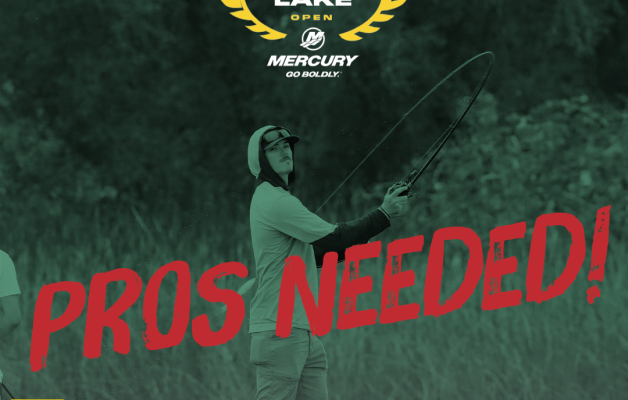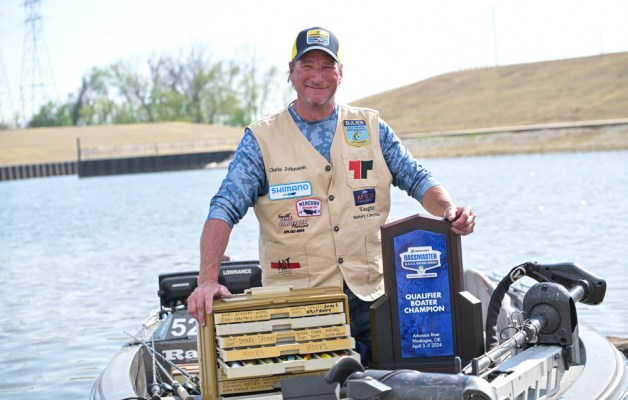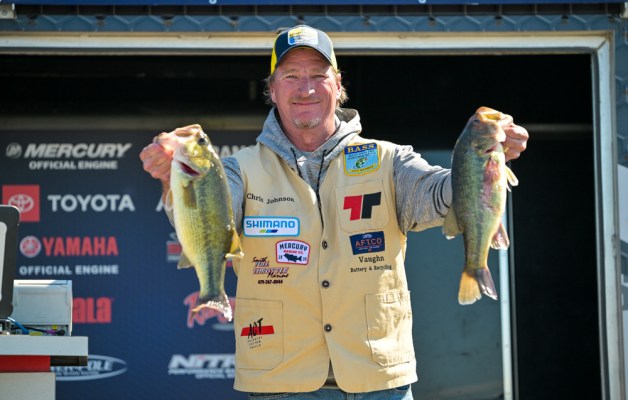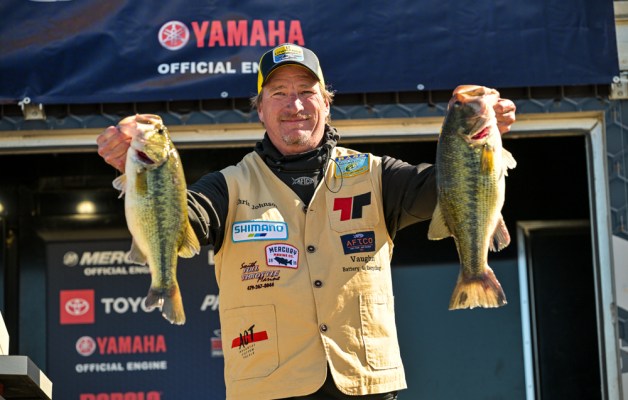
OLYMPIA, Wash. — Recreational anglers voiced their concerns about proposed restrictions on the use of lead in fishing weights and lures before the Washington Fish & Wildlife Commission here Friday and Saturday during the agency's December public meeting.
As expected, no action was taken on a proposal by the Loon Lake Loon Association to restrict lead weights to no lighter than 1 ounce, nor lead-based lures to no shorter than 2 inches in length. The Association proposed the new regulation at the commission's November meeting, citing the need to protect common loons from lead poisoning caused through the waterfowls' inadvertent ingestion of sinkers and lures. Recreational fishermen contend that there is no scientific proof lead sinkers or lures swallowed by loons are killing them. Loons are regarded as a "sensitive species" in Washington, but wildlife managers do not consider them as endangered or even threatened.
Mark Byrne, conservation director of the Washington chapter of the BASS Federation Nation, was among those who spoke and centered his comments on the economic impact the change would have on recreational fishing in the state. As proposed, the restrictions would mean that sinker suppliers would be required to furnish more expensive weights made of nontoxic metals such as brass, and lure makers would have to use approved metals in the manufacture of jigs, spinnerbait bodies and other lures.
"I was the first person who spoke about the restrictions, and I noticed a group of salmon fishermen in the audience who, by their reactions and head-shaking, indicated to me that it was the first that they had heard about the lead ban," said Byrne. "I think there are still a lot of recreational anglers, charter boat captains and others in the recreational fishing business who haven't heard about the restrictions, but the word is getting out now."
The commission will continue to take public comment in the form of written correspondence and could act on the lead ban as early as February. Byrne doesn't expect any alterations to existing regulations in 2010.
"This is just the start," he said. "Let's see how the momentum builds. There are people in Washington who want to stop recreational fishing; and in this state, fish and wildlife management doesn't always follow sound science. Fishermen are going to have to stand together, because the other side isn't going to let this thing die."




